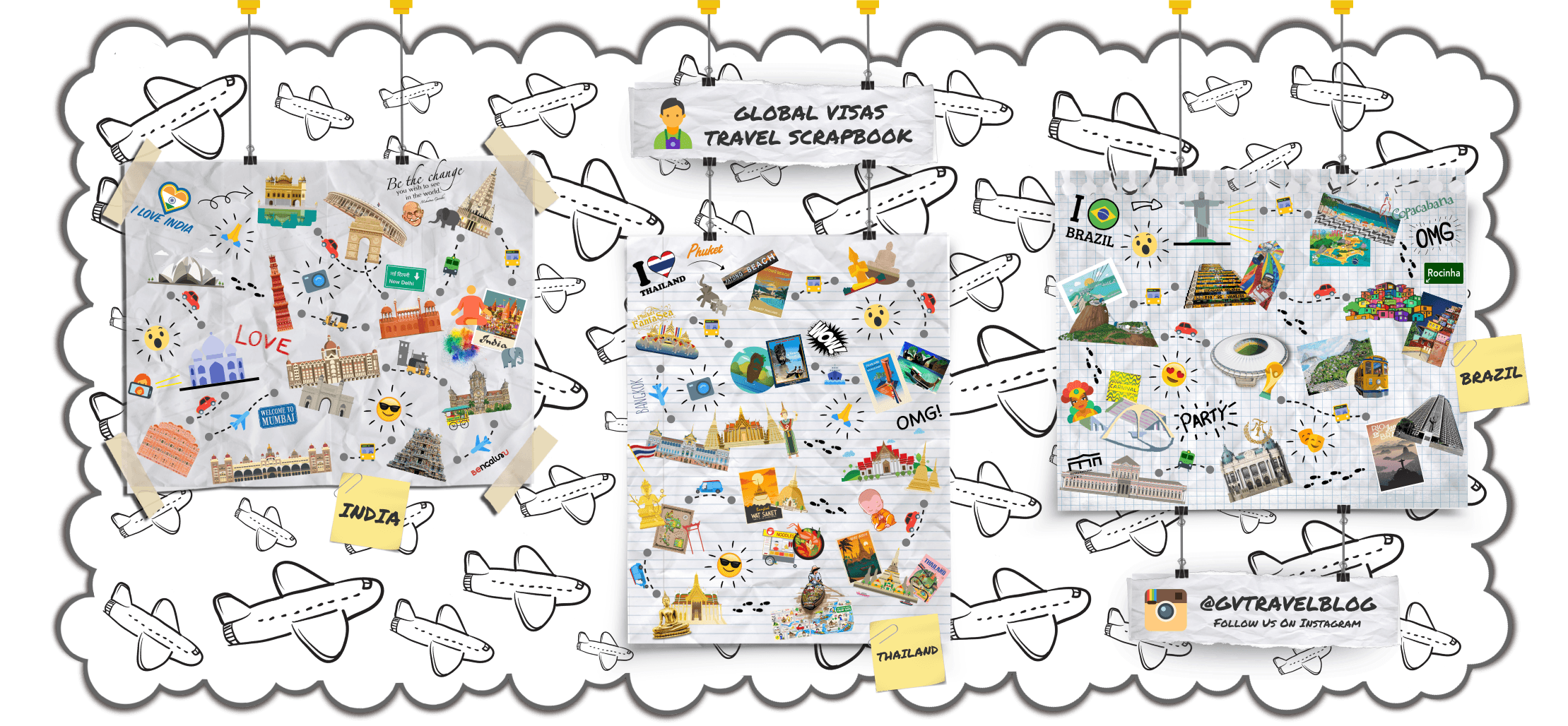COOKIES
To enrich and perfect your online experience, Global Visas Ltd uses “Cookies”, similar technologies and services provided by others to display personalised content, appropriate advertising and store your preferences on your computer.
A cookie is a string of information that a website stores on a visitor’s computer, and that the visitor’s browser provides to the website each time the visitor returns. Global Visas Ltd uses cookies to help Global Visas Ltd identify and track visitors, their usage of https://globalvisas.co.uk, and their website access preferences. Global Visas Ltd visitors who do not wish to have cookies placed on their computers should set their browsers to refuse cookies before using Global Visas Ltd’s websites, with the drawback that certain features of Global Visas Ltd’s websites may not function properly without the aid of cookies.
By continuing to navigate our website without changing your cookie settings, you hereby acknowledge and agree to Global Visas Ltd’s use of cookies.









